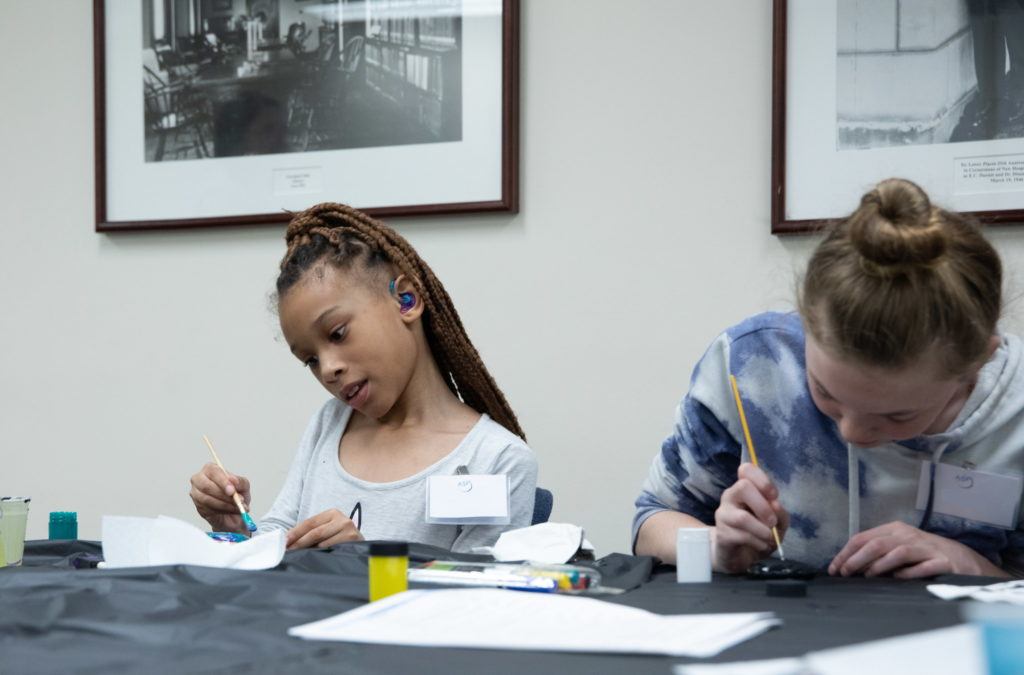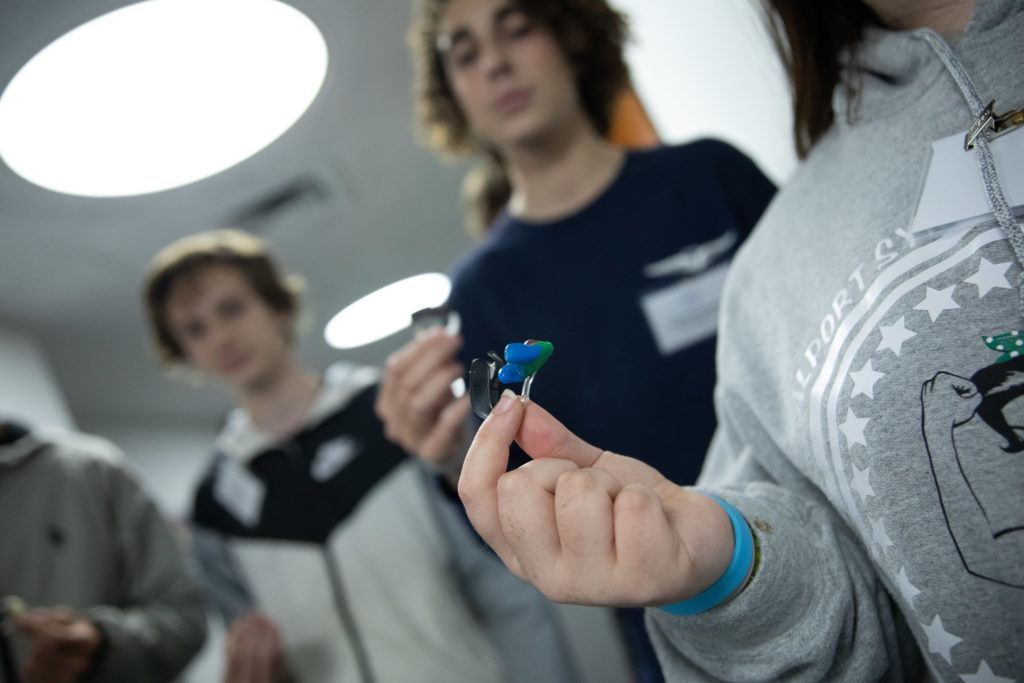Bilateral Sensorineural Hearing Loss
Bilateral sensorineural hearing loss is a frequent symptom of Alport syndrome in both males and females. Type IV collagen is a critical component of basement membranes in the cochlea. Mutations in the genes that encode the COL4A3, COL4A4 and COL4A5 genes impair hearing sensitivity and result in deafness by mechanisms that are incompletely understood.
Because the hearing loss is not experienced at birth but rather comes later in childhood, adolescence or adulthood, speech is not affected in people with Alport syndrome-related hearing loss. To date, this hearing loss is not reversible. In some families with Alport syndrome hearing loss is delayed until late in life or does not occur at all. Additionally, some patients affected by Alport syndrome-related hearing loss report tinnitus, or “ringing in the ears.”
Watch a recording of the Hearing Loss Association of America’s May 25, 2021 Patient-Focused Drug Development meeting on sensorineural hearing loss on the HLAA website. Numerous individuals affected by Alport syndrome voiced their experiences via live phone calls and virtual polling.


Hearing Loss & Gender
It is estimated that 80% of males with X-linked Alport syndrome (XLAS) develop hearing loss at some point in their lives, often by the time they are teenagers. In females with X-linked Alport syndrome hearing loss is less frequent and occurs later in life.
Males and females with autosomal recessive Alport syndrome (ARAS) typically have childhood hearing loss.
Patients with autosomal dominant Alport syndrome develop hearing loss at a later age.
Fortunately, hearing aids are usually very effective for patients with hearing loss caused by Alport syndrome. However, hearing loss is not improved by kidney transplantation.
Further Reading
For more information regarding
hearing loss and Alport syndrome.
